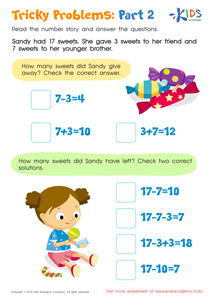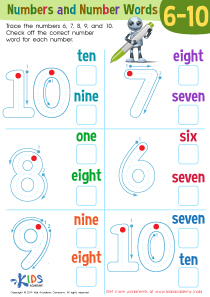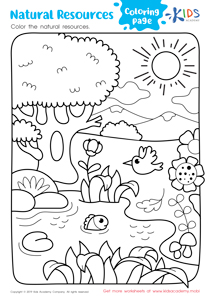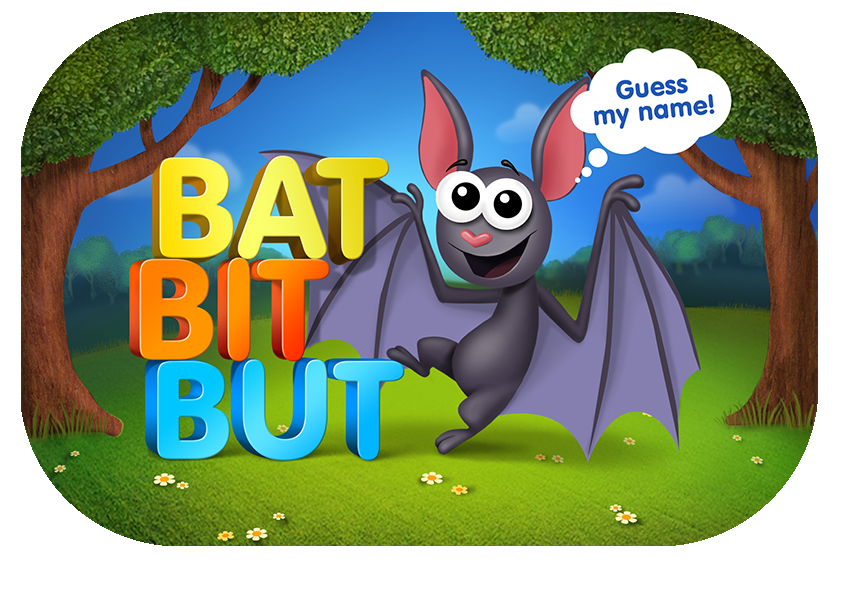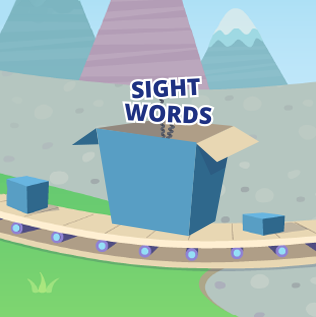English Language Arts Lessons for Ages 3-4 - Page 2
238 results
English Language Arts (ELA) is a foundational aspect of early childhood education, playing a crucial role in the development of literacy, communication skills, and a love for learning. Our specialized curriculum, focusing on English Language Arts for Ages 3-4, is designed to nurture these budding skills in young learners through a blend of interactive worksheets, educational videos, and assessment quizzes. Here’s how our lessons can significantly benefit children in this critical developmental stage.
Building Foundational Skills
The first years of a child’s life are pivotal for language acquisition and literacy development. Our English Language Arts program for Ages 3-4 lays down the building blocks for reading and writing, starting with the basics of letter recognition, phonics, and vocabulary building. By integrating these elements into interactive worksheets, we make learning engaging and fun, ensuring that children not only learn but also develop a positive attitude toward education.
Enhancing Communication Skills
Effective communication is more than just being able to speak or write. It involves listening, understanding, and the ability to express one’s thoughts and emotions clearly. Our curriculum is designed to enrich these skills through interactive lessons that encourage verbal participation, listening activities included in our educational videos, and exercises that foster comprehension and expression. These activities are tailored to the developmental level of 3-4-year-olds, ensuring that they are both challenging and achievable.
Promoting Early Reading
Reading is a critical skill that supports academic success across all subjects. Our English Language Arts program for Ages 3-4 introduces early reading concepts through phonemic awareness activities, sight word recognition, and simple sentence construction. The use of educational videos further supports this learning by providing visual and auditory reinforcement of the concepts taught, making the learning experience dynamic and more effective.
Fostering Creativity and Critical Thinking
Children are naturally curious and imaginative. Our lessons are designed not just to teach but to inspire. Through creative storytelling, interactive worksheets that encourage imaginative responses, and educational videos that present scenarios for problem-solving, we help children develop their creativity and critical thinking skills. These skills are essential not only in academic settings but in everyday life, equipping children to approach challenges with innovative solutions.


